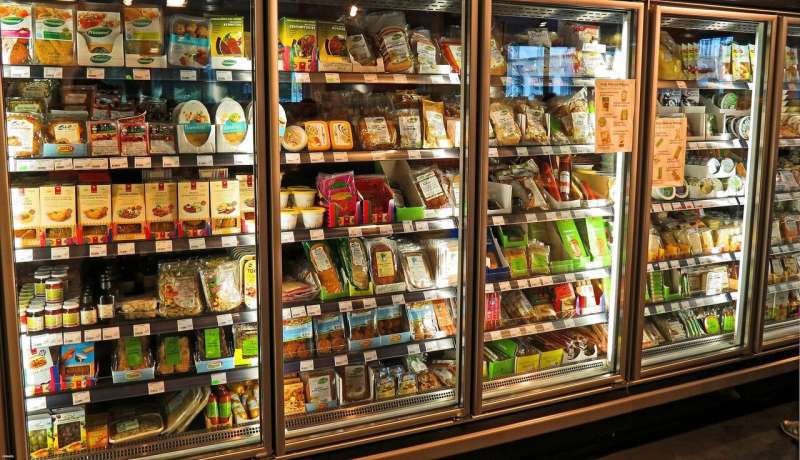Imagine a world in which smart packaging for supermarket-ready meals updates you in real-time to tell you about carbon footprints, gives live warnings on product recalls and instant safety alerts because allergens were detected unexpectedly in the factory.
But how much extra energy would be used powering such a system? And what if an accidental alert meant you were told to throw away your food for no reason?
These are some of the questions asked by team of researchers, including a Lancaster University Lecturer in Design Policy and Futures Thinking, who—by creating objects from a “smart” imaginary new world—are looking at the ethical implications of using artificial intelligence in the food sector.
